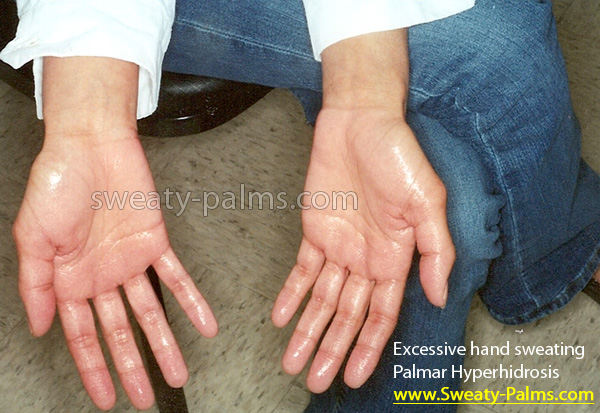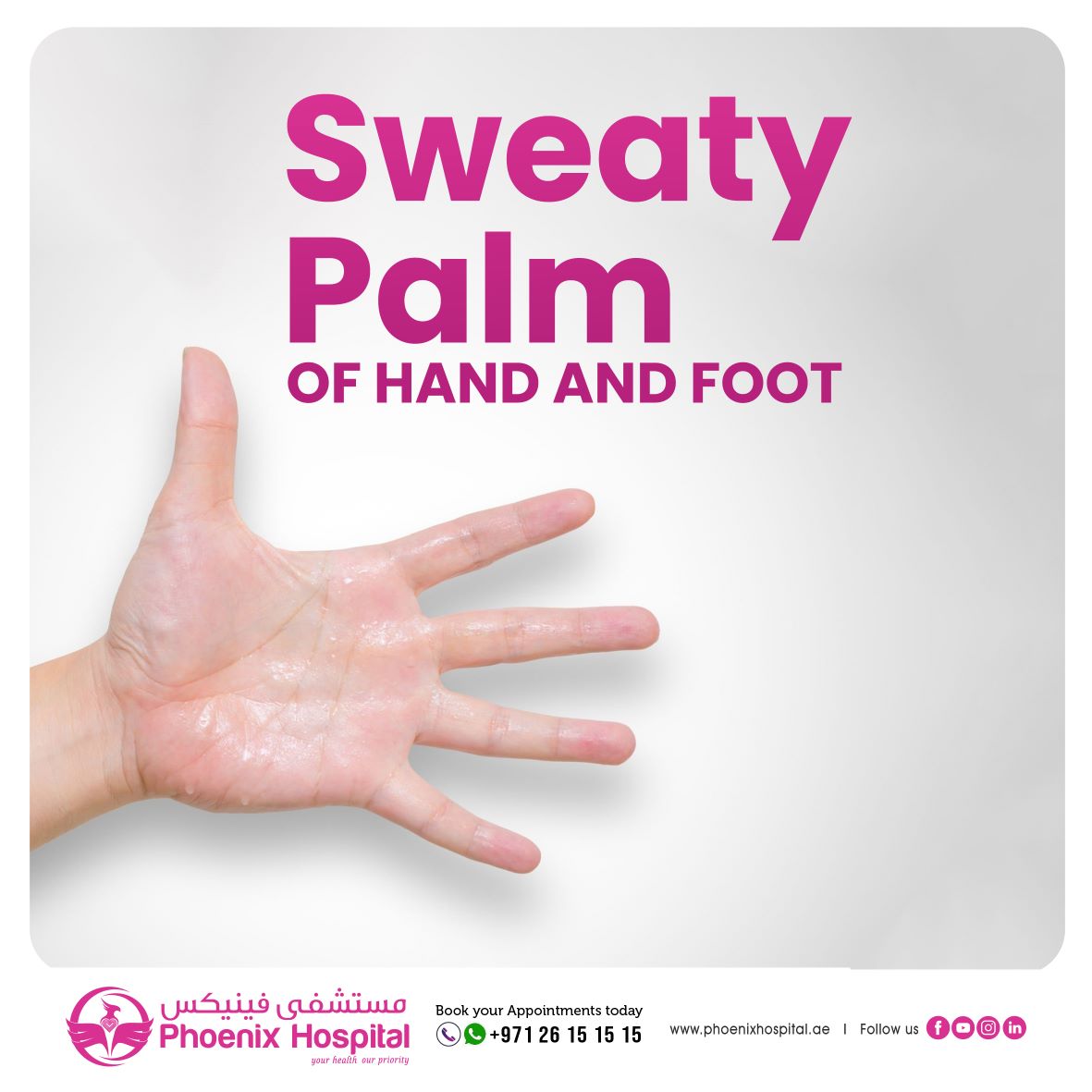Professional Dermatology Solutions for Treatment of Hyperhydrosis of Hands: Comprehensive Overview
Professional Dermatology Solutions for Treatment of Hyperhydrosis of Hands: Comprehensive Overview
Blog Article
Comprehending the Source of Excessive Sweating and Its Influence On Day-to-day Live
While it is commonly understood as a physiological response to manage body temperature level, the triggers for extreme sweating can vary extensively amongst individuals, encompassing not just physical aspects but also psychological and mental elements. By diving right into the root creates of hyperhidrosis and exploring its multifaceted results, a deeper understanding of this pervasive problem can be acquired, shedding light on the complexities that individuals grappling with too much sweating navigate on a day-to-day basis.
Physiology of Sweat Glands
The guideline of sweat production, a crucial physical process, is mostly controlled by the task of sweat glands dispersed across the body. Sweat glands are classified into 2 main kinds: eccrine and apocrine glands. Eccrine glands are the most many and are found in mostly all areas of the body. They play an essential role in thermoregulation by producing a watery fluid onto the skin's surface, which aids and evaporates cool down the body down. On the other hand, apocrine glands are concentrated in locations rich in hair follicles, such as the underarms and groin, and their secretions are thicker and milky in appearance.
When the body temperature level rises, either because of exercise, heats, or emotional anxiety, the nerves sets off the gland to generate sweat. This sweat is made up primarily of water and electrolytes like sodium and chloride. The procedure of sweat manufacturing is essential for preserving the body's interior temperature level within a slim, optimal range, highlighting the vital duty gland play in human physiology.
Triggers for Excessive Sweating
In comprehending the root creates of too much sweating, it is important to identify the triggers that can lead to this physical action. Physical exertion, high temperature levels, and spicy foods are likewise known to activate excessive sweating in people susceptible to this problem.
Moreover, medications such as some antidepressants, opioids, and particular supplements can likewise work as triggers for hyperhidrosis. Comprehending these triggers is important in taking care of extreme sweating properly - Exessive Sweating. By determining and addressing the certain triggers that prompt extreme sweating in a specific, health care providers can establish personalized treatment strategies to reduce this problem and boost the individual's high quality of life
Medical Issue Associated
Associated with extreme sweating are numerous medical conditions that can worsen this physiological reaction. One typical problem is hyperhidrosis, a disorder defined by extraordinarily increased sweating that exceeds the body's thermoregulatory requirements. This can show up in focal locations like the palms, soles, underarms, or face, impacting an individual's top quality of life as a result of social embarrassment and discomfort.
In addition, endocrine problems such as hyperthyroidism, diabetic issues, and menopausal hot flashes can also lead to too much sweating. Hyperthyroidism triggers an overproduction of thyroid hormonal agents, increasing metabolic process and activating sweating.
Furthermore, infections like tuberculosis, HIV, and endocarditis have been connected with evening sweats, a typical symptom recognized to interrupt sleep and straight from the source influence overall health. These clinical conditions highlight the varied series of underlying variables that can add to excessive sweating, requiring extensive evaluation and monitoring by health care specialists.
Mental and psychological Variables

Influence On Social Communications
Extreme sweating can have profound results on an individual's capacity to involve pleasantly in social communications. The noticeable indicators of sweat spots or damp patches on clothes can bring about humiliation and self-consciousness, creating people to withdraw from social circumstances. This withdrawal can impact relationships, limitation social tasks, and hinder personal and expert growth.

Furthermore, the stress and anxiety and self-confidence concerns originating from too much sweating can affect communication and interpersonal skills. Individuals may struggle to focus on conversations, participate in group activities, or express themselves confidently. This can result in feelings of isolation and loneliness, as social connections become challenging to keep.
Verdict

While it is frequently comprehended as a physiological feedback to manage body temperature level, the triggers for extreme sweating can vary extensively among individuals, incorporating not just physical elements but psychological and additionally emotional elements. By diving into the root creates of hyperhidrosis and exploring its multifaceted results, a deeper understanding of this prevalent concern can be acquired, shedding light on the intricacies that individuals grappling with too much sweating navigate on a daily basis.
Physical effort, high temperatures, and spicy foods are additionally understood to trigger extreme sweating in this page individuals susceptible to this condition. By recognizing and dealing with the details triggers that trigger too much sweating in a private, medical care suppliers can develop tailored treatment strategies to reduce this problem and improve the individual's top quality of life.
Excessive sweating can have extensive effects on an individual's capacity to engage easily in social interactions.
Report this page